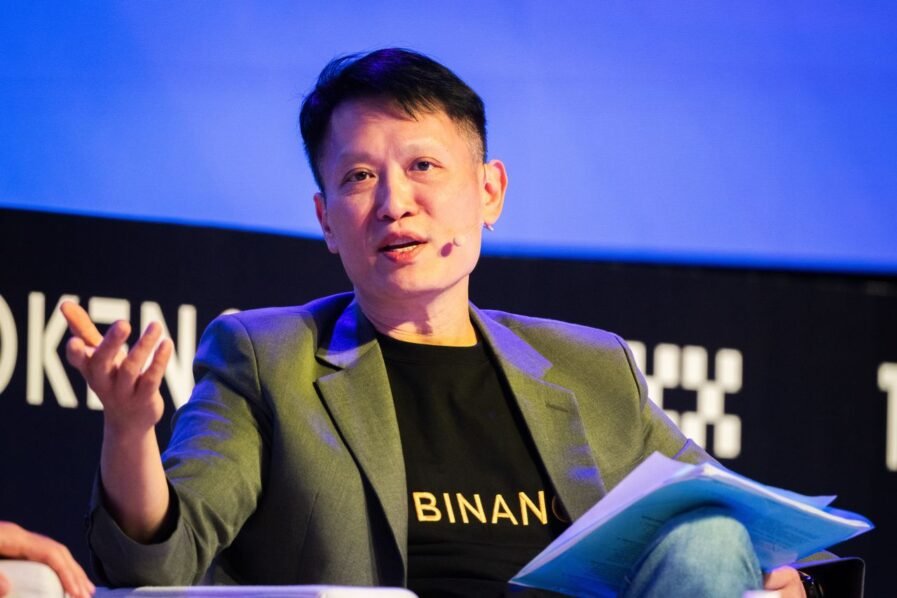Binance Quietly Helped Build Trump-Backed Stablecoin USD1

Este artículo fue publicado originalmente aquí

Cryptocurrency giant Binance reportedly helped develop the technology behind USD1, a stablecoin launched earlier this year by World Liberty Financial (WLF), a crypto firm backed by U.S. President Donald Trump and his sons.
According to a Bloomberg report citing three sources familiar with the matter, Binance played a role not only in the code development of USD1 but also in its promotion and one of its biggest transactions to date.
WLF unveiled USD1 on March 4. Just over a week later, Abu Dhabi-based investment firm MGX announced a $2 billion investment in Binance, using what was at the time an unnamed stablecoin. Eric Trump, one of WLF’s co-founders, confirmed in May that the firm used USD1 to settle the deal.
Bloomberg’s sources say that around 90% of the USD1 involved in the transaction remained in Binance-controlled wallets as of Friday—potentially earning tens of millions of dollars in interest for Trump’s family.
The reported connection between the world’s largest crypto exchange and a company so closely tied to the U.S. president is likely to fuel concerns over conflicts of interest, political favoritism, and regulatory blind spots.
The development comes as Congress weighs new legislation to regulate stablecoins in the U.S. The GENIUS Act, one of three crypto-focused bills moving through Capitol Hill, has already cleared the Senate and is expected to face a House vote soon. Trump has indicated he would sign the bill if passed in its current form.
Trump’s growing involvement in crypto has drawn criticism from lawmakers across the aisle. Alongside WLF and USD1, he’s also linked to the Trump memecoin (TRUMP), which has drawn attention from supporters and watchdogs alike. Crypto donors were a visible presence in his campaign financing as well.
The report also resurfaces questions about former Binance CEO Changpeng “CZ” Zhao, who pleaded guilty in 2023 to a felony as part of a settlement with U.S. authorities. After serving a four-month prison sentence, Zhao said in May that he was seeking a presidential pardon from Trump. If granted, such a pardon could open the door for him to return to leadership within the crypto sector.
A Wall Street Journal story claimed in May that Zhao acted as a “fixer” for WLF and co-founder Zach Witkoff, helping arrange introductions abroad — including a meeting in Pakistan that led to a memorandum of understanding with a local official.
“I am not a fixer for anyone,” Zhao wrote. He said he met the Pakistani official, Mr. Saqib, for the first time during that trip and had no role in setting up the meeting with WLF. “They had known each other way back,” he added.
